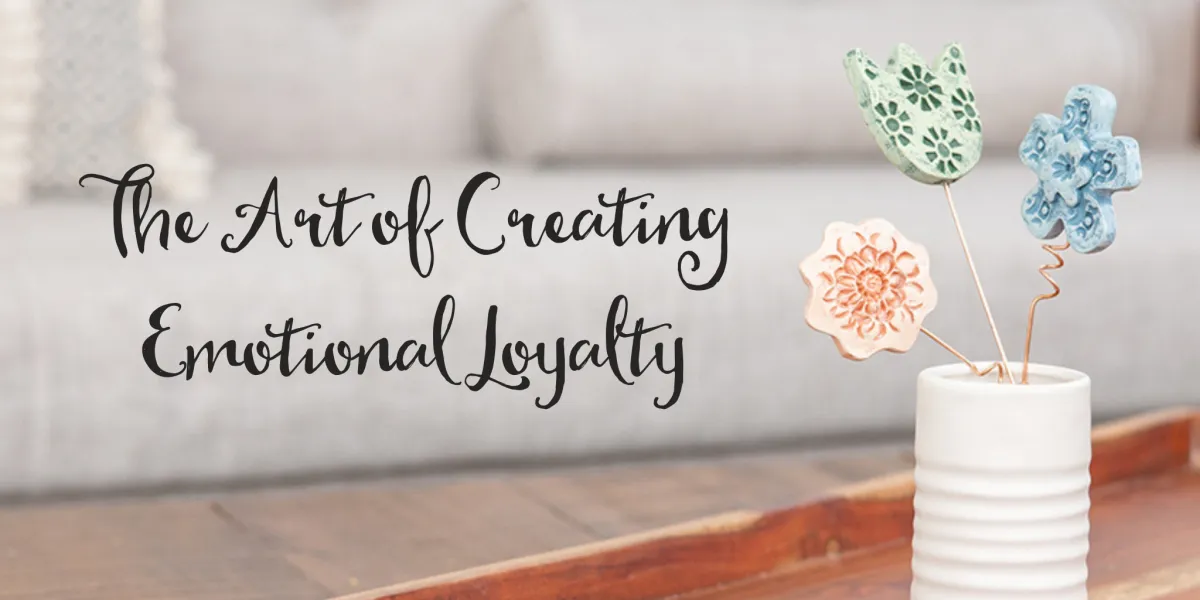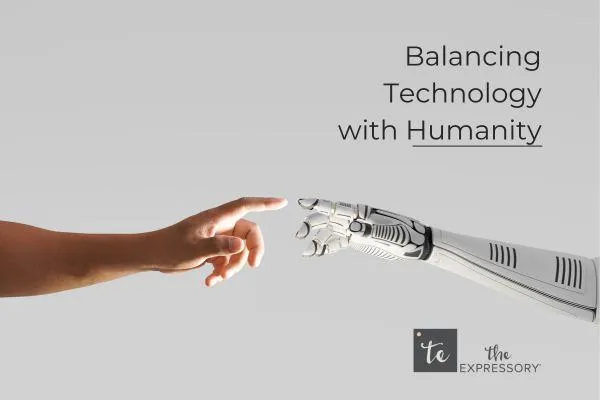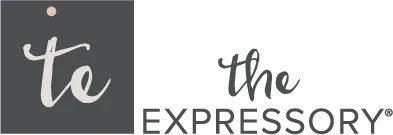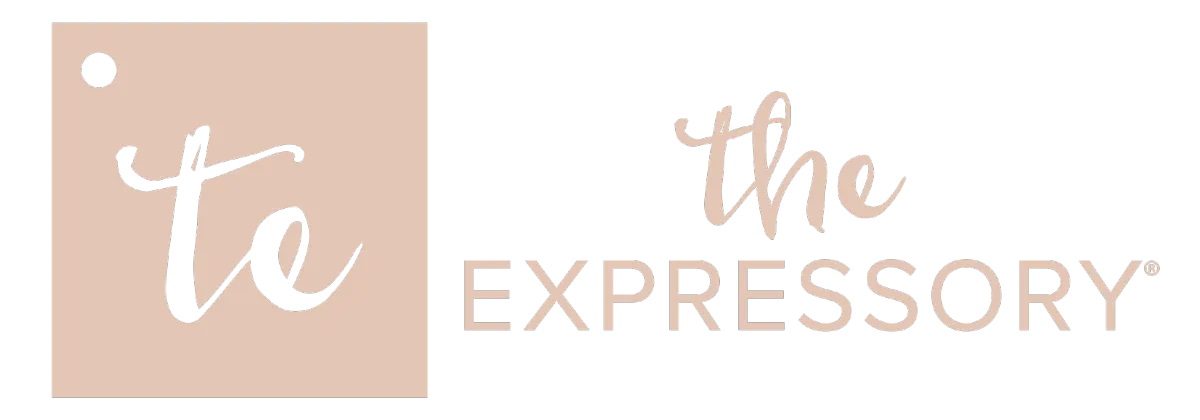
What Swimming Teaches Us About Team Relationships
In my latest video, I break down how swimming teaches us the importance of these relationship-building efforts and the specifics of what we as leaders need to nurture with our teams.
Holiday Gift Insights - What Everyone Else Is Doing
In an effort to simplify the decision-making process, we're sharing some of the trends we've seen with gifting over the years. We're even sharing our best seller and why that gift had such success.
What Makes A Successful Holiday Gift? The Travel Bag Edition
Last year we had the opportunity to work with one of our clients in the travel and tourism space to design an experience that delivered their highest engagement yet.

Balancing Technology with Humanity
Everywhere you look these days, there’s another headline about AI. Whether it’s resources, new apps or experts, we’re being inundated with its existence. We’re deep in the process of learning to interact with and consume its output, both as consumers and as business leaders. We’re also starting to form early ideas for fact checking as this tool continues to “improve”. Which means, consumers are starting to form their own ideas. And their ideas revolve around how they will trust brands and the people who sell them in the future if they are unsure of fact or fiction, bot or human.
When talking about trust, relationships, and technology, I thought it would be good to turn to an expert who navigates these waters daily. Sandra Estok is a cybersecurity consultant with 25+ years of experience in building relationships in the tech-driven world. She is the Founder of Way2Protect®. As AI continues to reshape the way we work, our business relationships are going to become critical to ensuring the success and sustainability of a brand. The human element cannot take a backseat as we integrate these digital tools and navigate business development in the years ahead. Her insights offer a unique perspective on how to keep human connections in an increasingly digital landscape.
AI’s Reveals the Trust Challenge
A 2022 study from BCG analyzed what AI revealed about trust in the world’s largest companies. According to BCG, “More than a mere sentiment, trust has economic value—and in the digital age, its relevance continues to grow”. And to prove this point, the data showed that at the end of 2021, the 100 most trusted companies had 2.5 times more value than their counterparts. Not a number to be overlooked. Yet, today, so much of our effort is consumed with keeping up with technological change, with far less time being focused on planning for the human side of things.
What BCG found is that the top trusted companies have common themes that help set them apart from their peers. One of the most noteworthy themes that identifies a top trusted company is strategic collaboration, which includes investing in ecosystem relationships and strategic partnerships. An intentional investment in the various relationships that drive the business forward.
This is very much in alignment with another survey from PricewaterhouseCoopers (PwC) that tells us that 82% of US consumers, now more than ever, want more human interaction. So, it makes sense that the trusted companies are the ones who are taking time to make sure the human element of their business is a priority.
At The Expressory, we look at 3 categories of relationships as critical elements of balancing business growth with continued technological advancements.
Existing Clients
Prospects/Leads
Business Ecosystem (Your Team, Strategic [referral] Partners, mentors/advisors, and peers)
And from the data shared between PwC and BCG, you can see that people place a higher level of trust in those who are taking the time to interact with them as actual humans, rather than fully automated and surface. In preparation for the inevitable shift that will come as we fully embrace innovative technology, we will need to become more intentional about adding value to our relationships and continually nurturing trust to maintain loyalty and the levels of expected conversion.
Balance in Practice
I asked Sandra, as someone who works with technology risk mitigation, how she balances relationship building with automation when it comes to growing her business. She made it clear just how intentional we’re going to need to be as we continue to immerse ourselves in new technology.
Sandra shared that she operates from a place of duality when beginning to form new business relationships. Technology offers us so much convenience when it comes to meeting new people and exchanging information to begin the nurturing process. And for her, that’s her space – Understanding what’s available and how to use it safely. You can set up QR codes, you can set up electronic business cards, and you can click and download contact information to your heart’s content. Most companies have finely designed Customer Relationship Management (CRM) systems that manage everything from marketing, nurturing and sales. But for Sandra, an expert in these tools, she doesn’t integrate her business building to those same levels. It’s not what she teaches. Given her experiences with her own identity theft and the cases of fraud she’s explored, she doesn’t like being put on lists or into someone’s automation.
For Sandra, she’s always coming from a place of the relationship first. She uses the old-fashioned business cards when she’s first meeting people, because she doesn’t want to put people into a system right away. She says “I want to build trust. It might take longer, and it might take me more interactions with you via email, phone call or personal connection. But I really don't want to have that person that I met at an event put into the system.” For her, she wants people to choose to be part of her list or her funnel because they feel like she’s given them enough conversation and information that they want to be there. She wants to make sure they have enough value. And that takes investment. She’s intentionally investing her time and resources to show people she understands them and values them to the point that people are so blown away that they want to be part of her community.
The list that she has curated may not be the largest you’ll find, but she knows it’s very engaged because those people want to be part of her journey. She tells me, “So many times we want to go so fast. We want to just click, click, click, and connect, connect, connect. And the meaning of meeting new people is to build relationships. It’s not to build your list to 1000, because that doesn’t mean anything if you don’t have a relationship with them.”
Music to our ears!
Here you have someone who specializes in technology and yet she has designed a system with a focus on the actual relationships first. Allowing her to nurture that trust in a way that is completely authentic to her brand. It doesn’t mean she isn’t using any automation or technology; it simply means she is working hard on the personal side of the relationship from the start. Something that, according to PWC, 82% of Americans will highly value.
5 Ways to be Intentional About Building Trust
If we follow what 2 of the largest consultant companies are suggesting, taking time to plan a system of personal level touchpoints to cultivate trust will set your company apart and could drive as much as 2x more value. But how might we accomplish this?
Let’s start with the basics of how a relationship is formed. People need to perceive that you understand them, you validate what’s important to them, and that you care. Designing your relationship building efforts around these goals will create higher levels of loyalty among your existing clients, convert you prospects faster, and generate more referrals from your strategic partners.
When it comes to investing in those relationships, here are some tips to help you do so:
Show Genuine Interest and Empathy: Take an interest in what’s important to them. Empathize with their struggles and celebrate their successes.
Offer Support Without Expecting Immediate Returns: Offer help or support (showcase you care) without expecting something in return. This could be in the form of advice, insights, or introductions to others in your network. As Sandra said, “It's not about what am I going to get? But what I can give to that person... that really makes a difference in how I network."
Offering Insights and Expertise: Share relevant knowledge or expertise that could benefit the person you're speaking with. This could include industry trends, practical advice, or a resource for challenges they might be facing.
Connecting Them: Find areas where you might be able to make introductions that would be helpful for them. This should be very intentional, not just an introduction for the sake of introductions. This will show that you understand them and validate what’s going on in their space.
Following Up with Additional Surprises: Make sure you are showing up from time to time with something of added value. Maybe it’s a new article or book, maybe it’s just a care package, or maybe it’s even an offer of your time to meet. This will show that you are invested in the relationship and there to support them.
I asked Sandra if she had any examples of relationship building that really stood out. She told me her bank is the perfect example. She lived in Wisconsin when she first started her business, so she created a relationship with a local state bank. She has since moved to Ohio, where her bank does not exist. Yet, she will not leave the bank because she is proud of the relationship they have created. She knows that whenever she calls them, she talks to a real person, who knows her and goes out of their way to help her. She told me that in today’s world it’s easy to set up a bot to handle some of the things that this bank does, but she knows that she is getting a real human every time she calls.
From time to time, her banker even sends her business books. They are intentionally selecting something that they know is important to her and sharing her interests, which Sandra values. That means this person took the time to listen. “No matter what I ask, it’ll always be my bank because they take the time to know me, and I love it.”
Sandra's thoughtful blend of technology know-how and a relationship-first approach offers a powerful model for businesses navigating the complex landscape of AI that lies ahead for us. Her strategies not only enhance trust and authenticity but also align perfectly with the growing consumer demand for human interaction. As we continue to integrate technology into our businesses, let’s not overlook the irreplaceable value of our relationships.
Please don’t hesitate to continue the conversation with us. We love new perspectives and strategies for cultivating trust and loyalty in an ever-evolving digital age. You can join us at one of our upcoming community Q&As to discuss ideas and get your questions answered. Or you can schedule some time to talk with us directly.

